Your Solar FAQs Answered
We get a lot of questions about solar so we went ahead and made a list of our most asked solar questions with answers!
1. What does it mean to go solar?
It means installing solar panels that generate power on-site, allowing you to reduce or eliminate your reliance on electricity from the utility company.
2. Am I a good match for solar?
That depends on your energy usage, property characteristics, goals, available sunlight, and whether you own the home. A consultation with a solar provider can help assess your fit.
3. What components make up a solar energy system?
Key components include solar panels, inverters, optional batteries, and system equipment like wiring, conduit, and breaker panels.
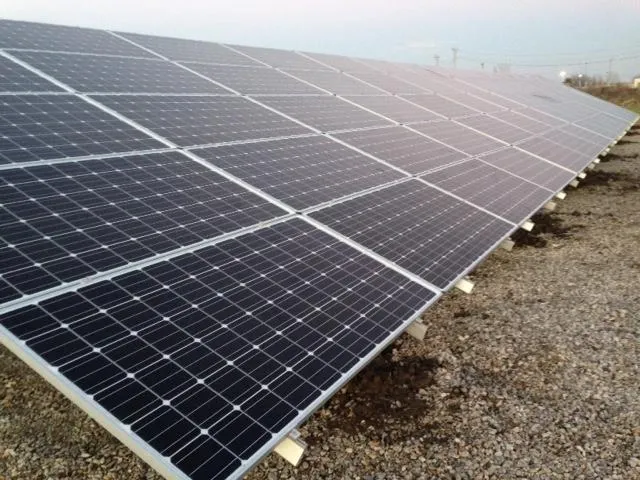
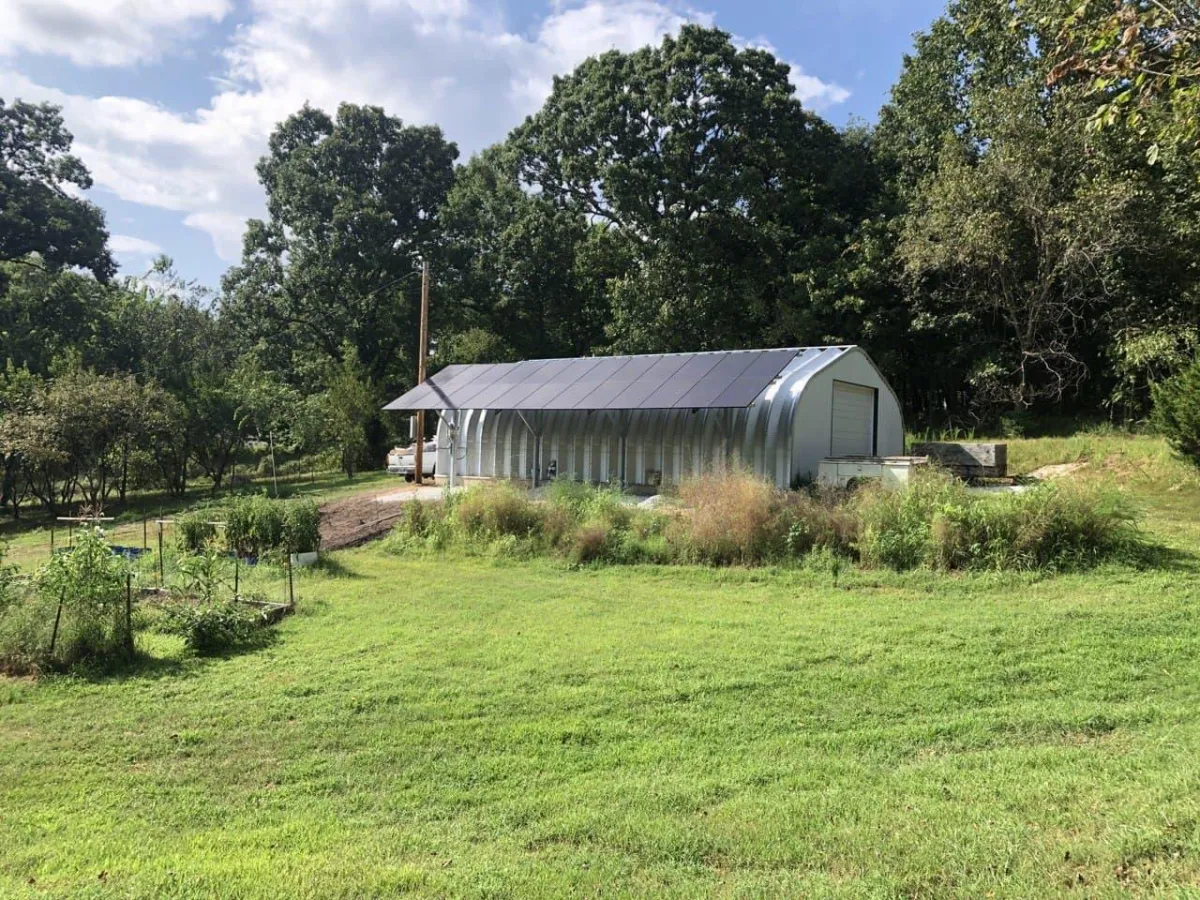
4. What are the different types of solar energy systems?
Grid-tied (most common)
Grid-tied with battery backup ("power tanks")
Off-grid systems (for complete independence or remote properties)
5. What is net metering?
A utility billing policy that credits you for excess energy sent back to the grid. Rules vary, but in some places, you get full retail value for energy sent back; in others, you may get only partial credit.
6. Will solar eliminate my electric bill?
It can significantly reduce or eliminate your bill, depending on system size, usage, and net metering policies.
7. Will I have power when the power goes out?
Only if your system includes batteries. Grid-tied systems without batteries won’t provide power during outages.
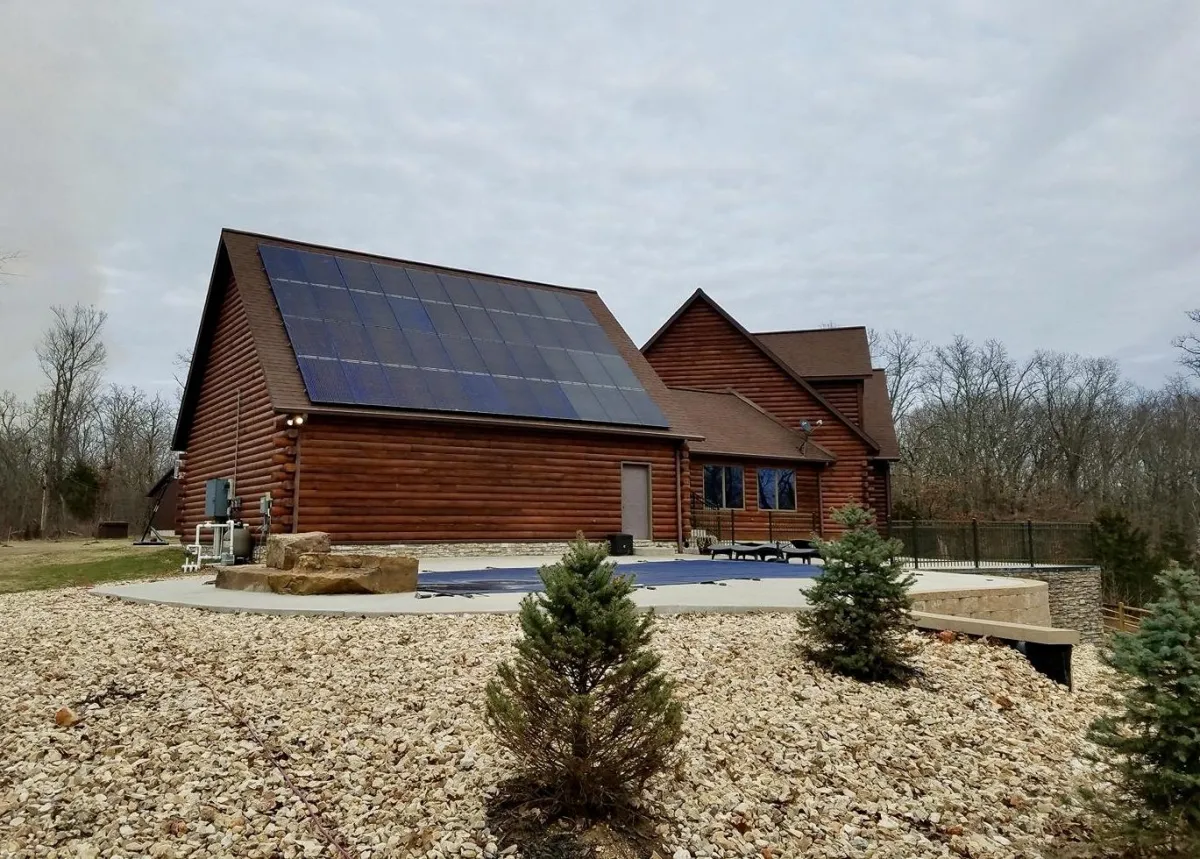
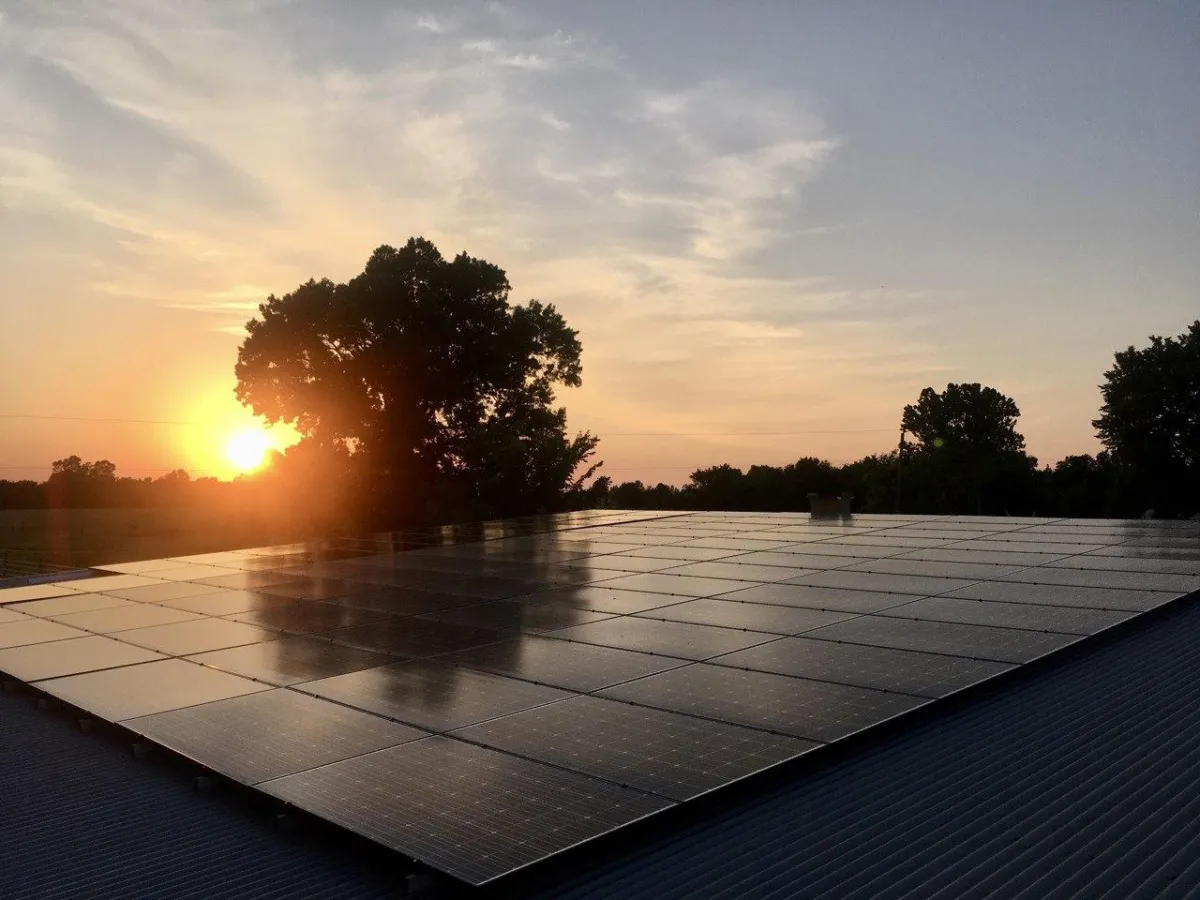
8. Will my system be connected to the electric grid?
Yes, most systems are grid-tied to take advantage of net metering and reduce your utility costs.
9. Will I have batteries with my system?
Only if your system is designed with them. Battery backup is optional and typically added for backup power.
10. How many solar panels will I need?
It depends on your energy usage and the available space on your property. A usage analysis is typically done to size the system appropriately.
11. How much does it cost?
Costs vary by system size, type of equipment, and whether batteries are included. Incentives and financing options like zero-down loans can help.
12. Does the government pay for solar?
No. However, a 30% federal tax credit is available if you qualify. This credit helps reduce the upfront cost.
13. What are common mistakes to avoid when going solar?
Making uninformed decisions, failing to research installers, or rushing into contracts without understanding system design and financials.
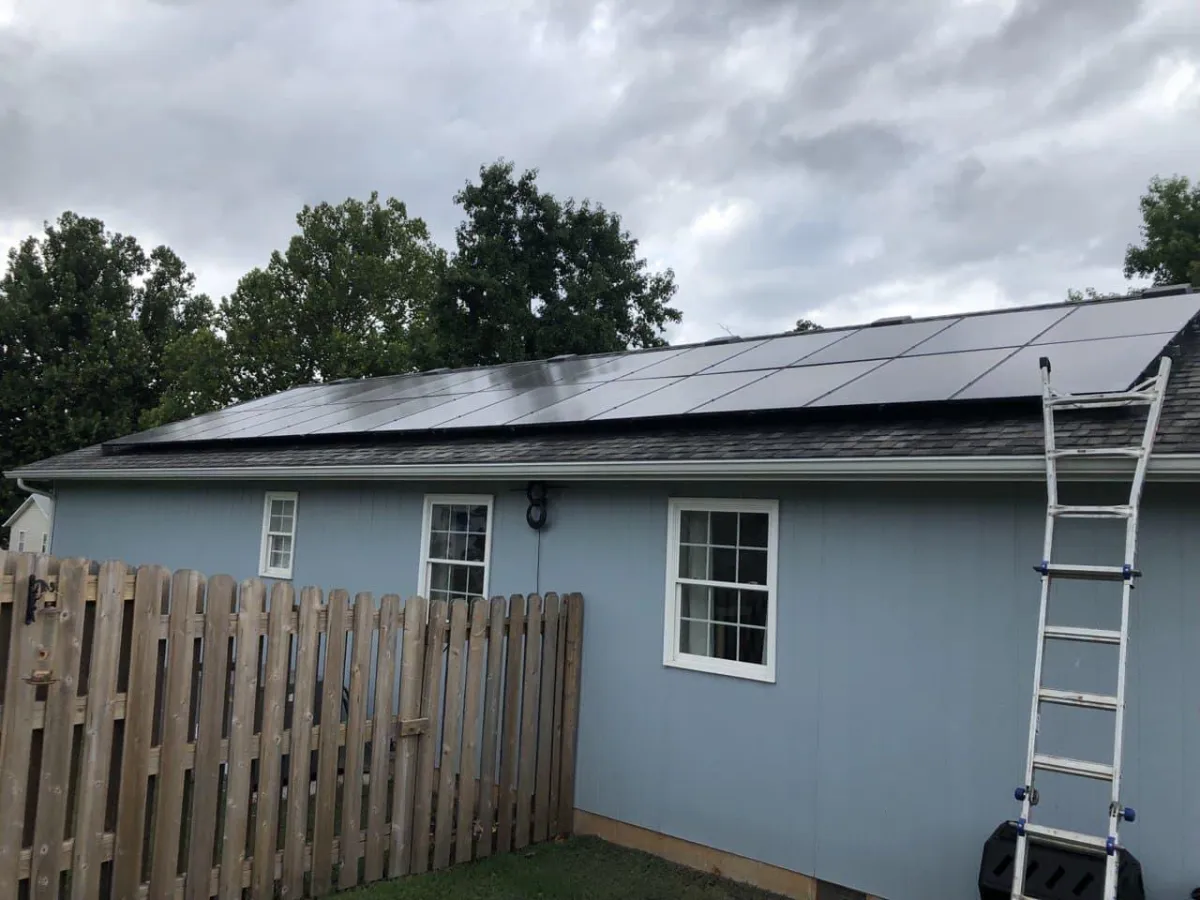
See All FAQs
Here's a PDF with our top 49 FAQs & Answers
🎯 Don’t Go Solar Blind
Download the Free Solar Buyer Checklist and Get Smart About Solar
